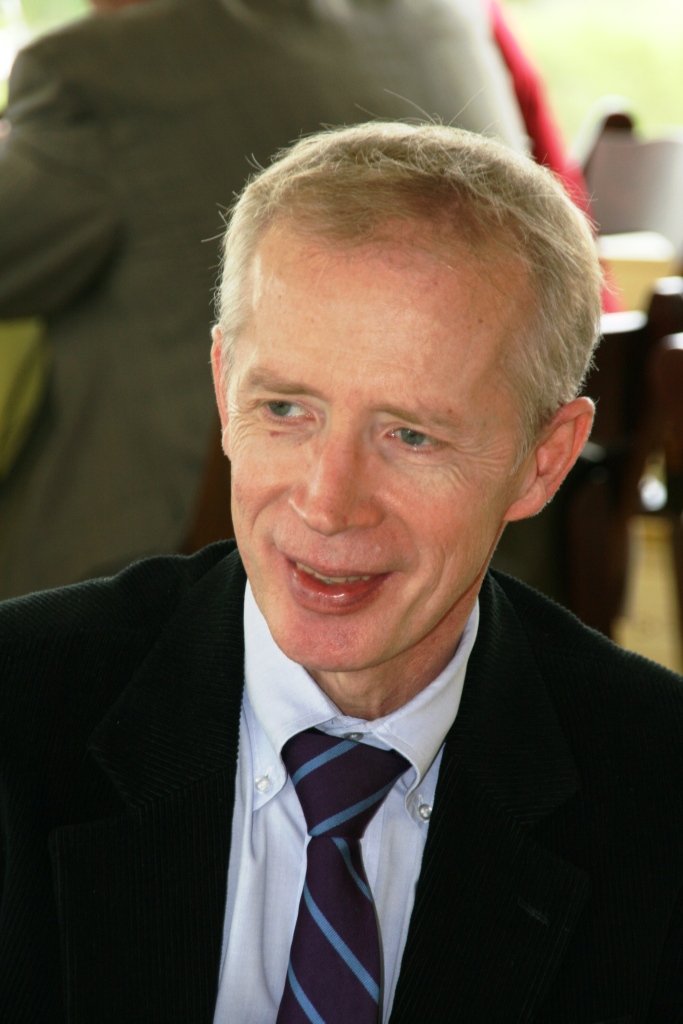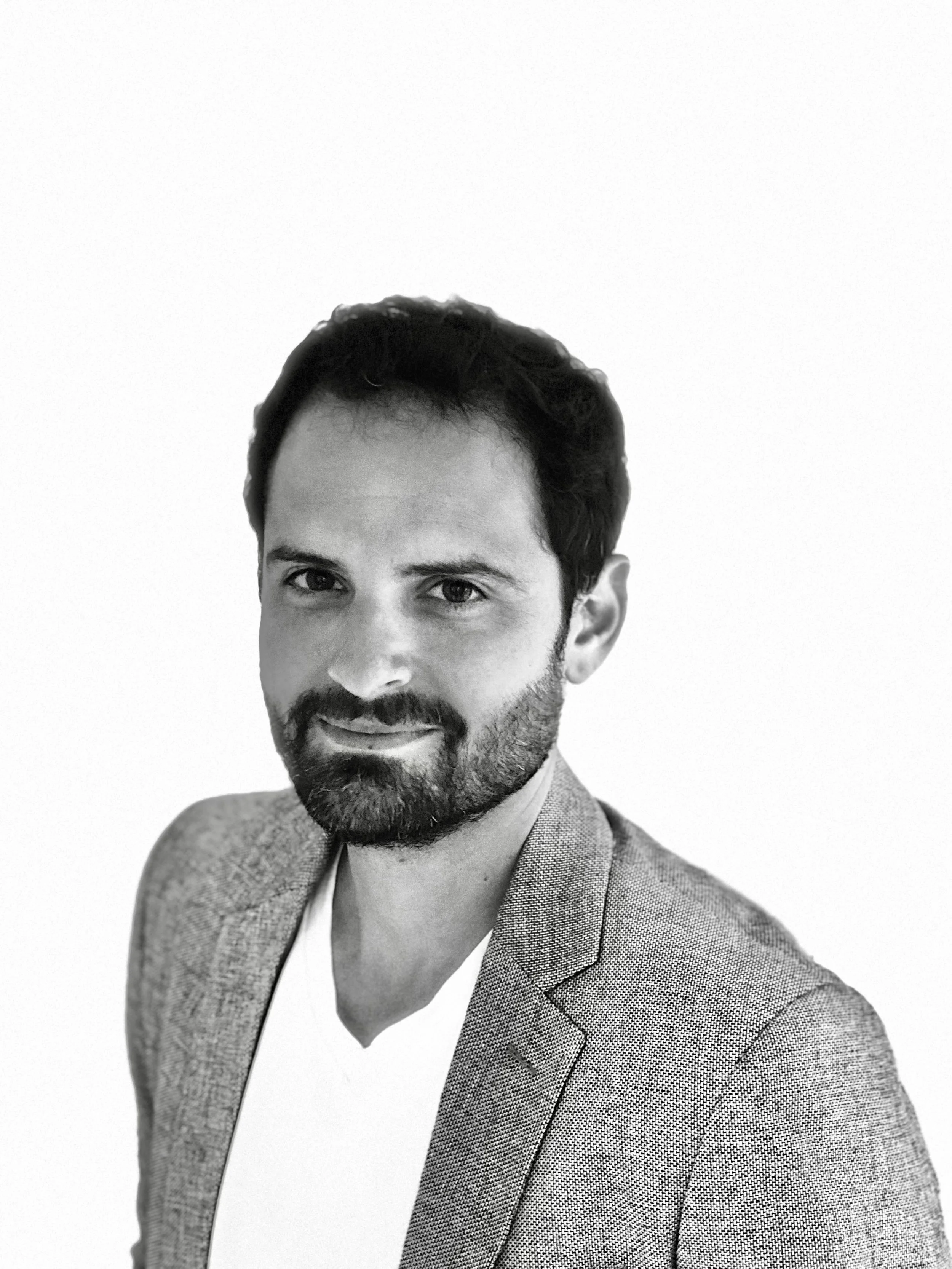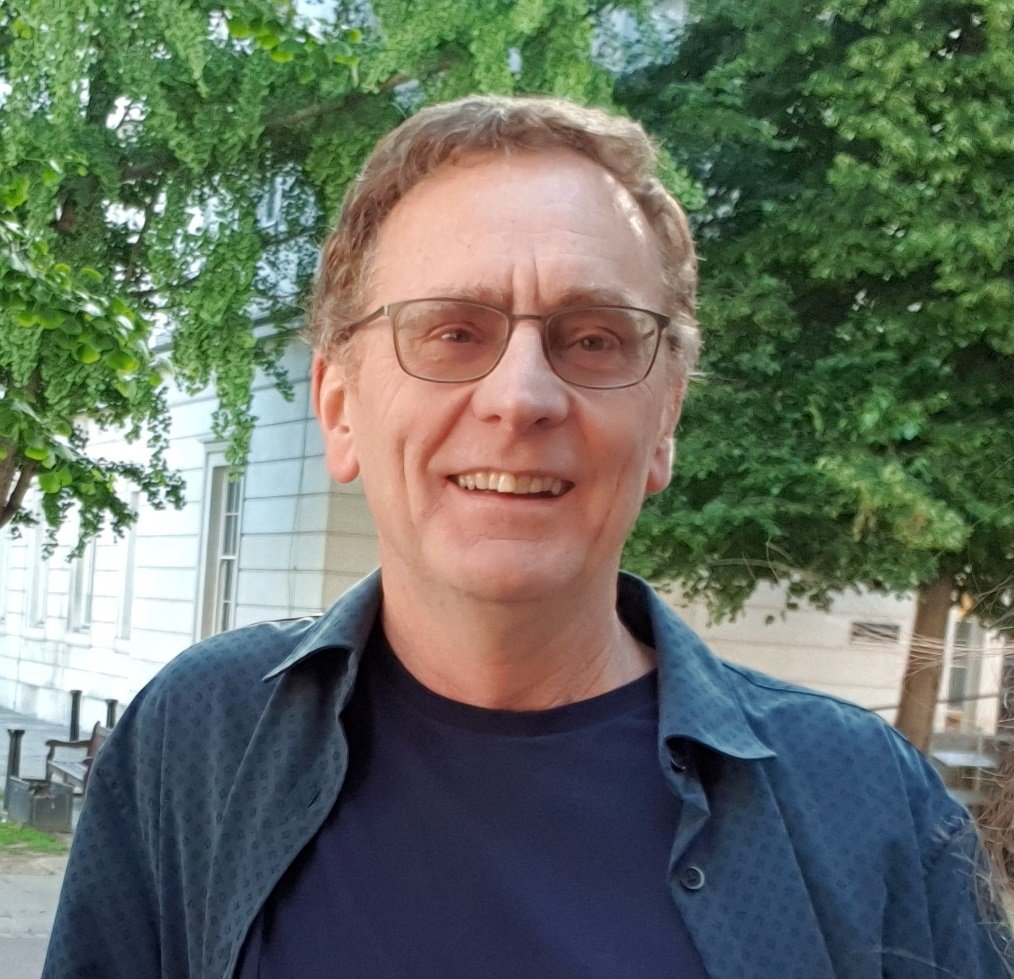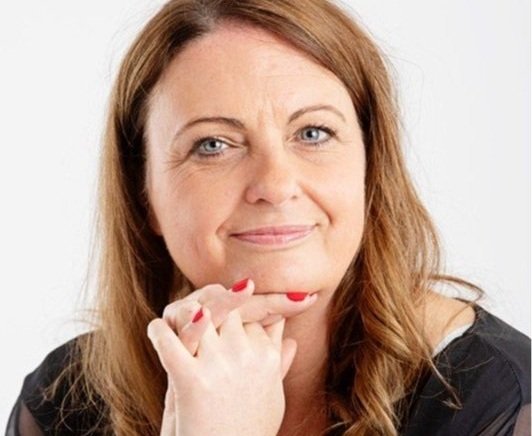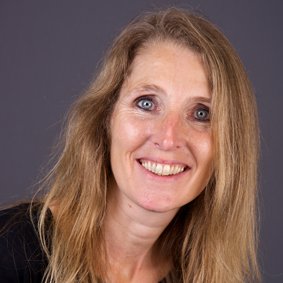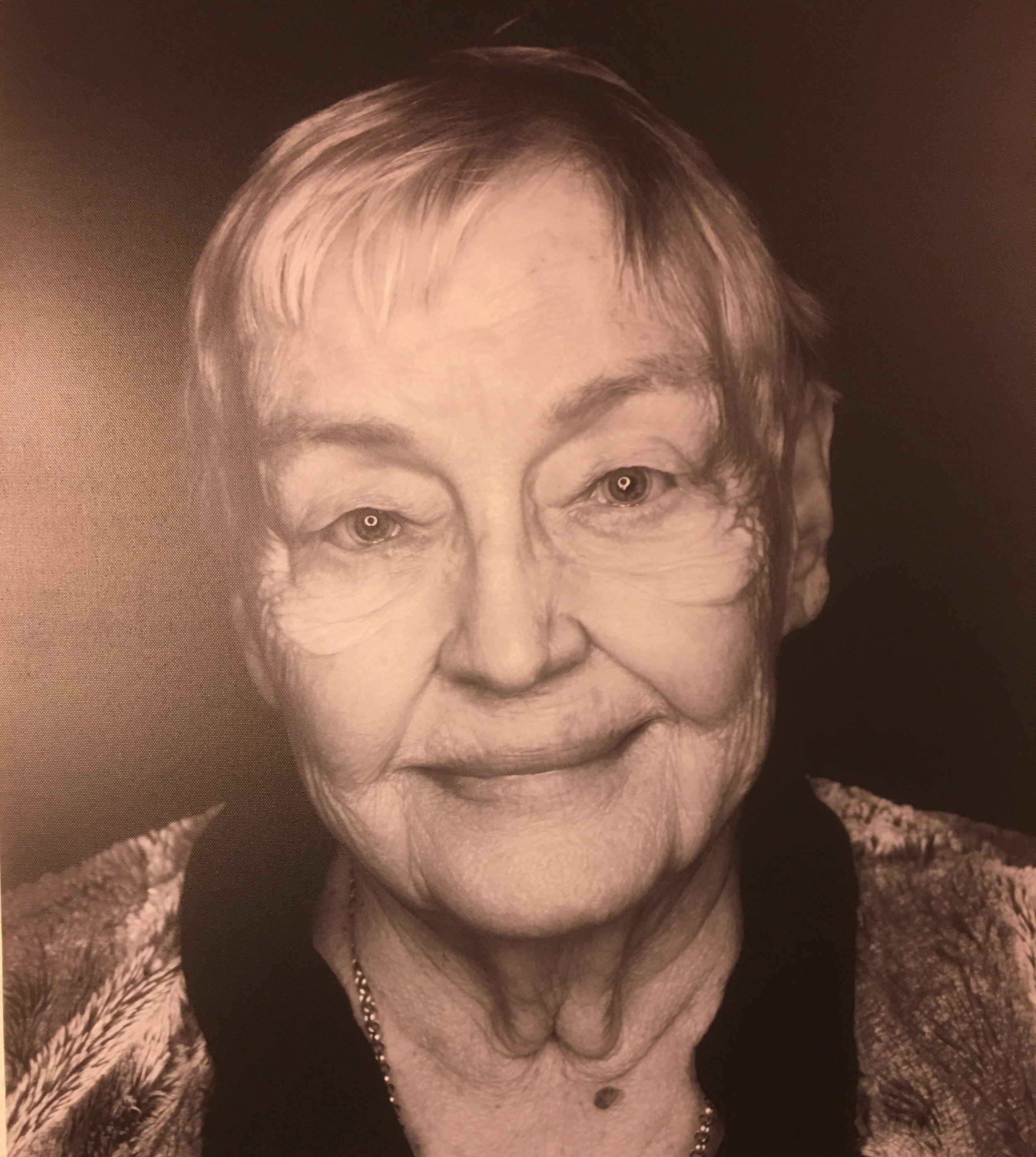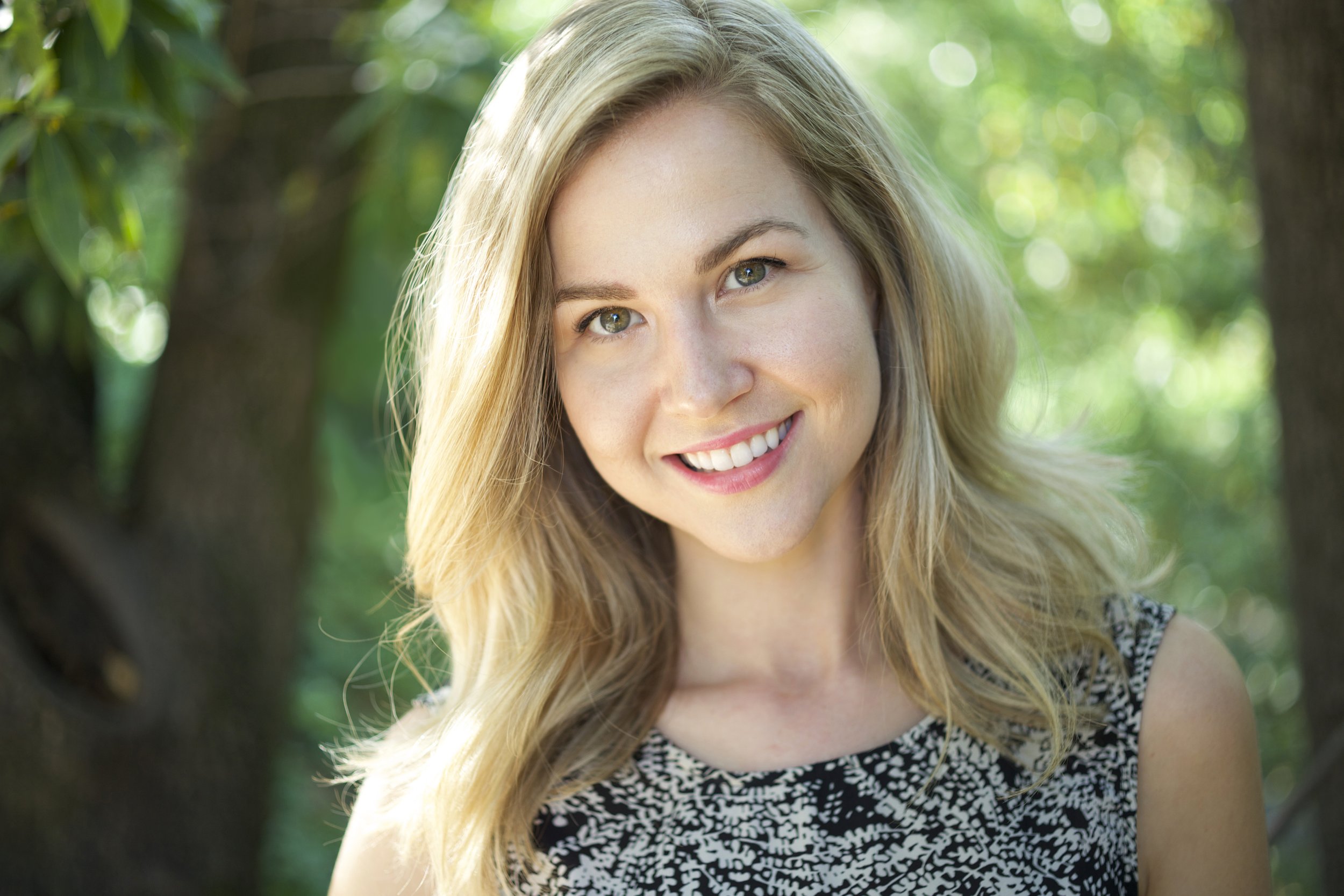Why do we overlook the psychological impact on men of being childless? An interview with Dr Rob Hadley
Although probably more men than women are childless, we tend to hear very little about the impact of childlessness on men. One of the few voices that speaks to this issue is sociologist Dr Rob Hadley of Manchester Metropolitan University.
John Barry (JB): You came to academia as a mature student. What did you do before you were an academic, and what changed your course towards academia?
Rob Hadley (RH): At the start of my working life I had short spells as a washer-upper in a casino and a bar tender in a local pub. For the thirty odd years before I moved into academia – I was a scientific and technical photographer in the Materials Science Centre at the University of Manchester. Through quite literally dead man shoes (there was a time I needed safety shoes and rather than buy a pair, the building was searched to try and find a pair I could use) I added Deputy Technical Manager to my duties (despite asking, I never got a badge). On a few occasions I was actually in charge of the building – a couple of hundred students, about a hundred technical and academic staff - and as I walked round, I realised how precarious the place was – lots of highly dangerous chemicals, highly complex equipment, hazardous materials, experiments and rigs using very high heat. Some people knew what they were doing, quite a few weren’t that sure and a few didn’t have a clue. And then there was me. Me!
Two separate events triggered my movement from the tech side to the academic: the arrival of digital photography, and the out-sourcing of services. Photography was high-cost and also easily bought in (although at £100’s per day) so my days were numbered. I trained and qualified as a counsellor (while still working full-time) and opted to take on the MA in Counselling. Looking for a subject for my research project, I mentioned I had been really broody in my thirties and my supervisor said, “I haven’t heard of that. Do that.” And that’s where my interest in men, reproduction and the desire for fatherhood started. You can read about the findings in this paper.
Finding there was extraordinarily little known about men’s experiences, wishes and desires for fatherhood, I had taken redundancy during the final parts of my MA – the writing was on the wall – and I self-funded my MSc in Research Methods examining the levels of broodiness in men and women. Against the commonly held belief that men aren’t broody, that study found childless men were nearly as broody as childless women, but have greater feelings of depression, jealousy and anger. You can read about that in this open-access paper.
The results from my MSc increased my interest and I looked for a way to do a PhD. I couldn’t afford to self-fund a PhD and so I started looking at studentships. I fired off a few applications to calls from universities, and struck lucky with Keele. I had to adapt the application to include older men as the PhD studentship was coming through the Centre for Social Gerontology. I had no-idea what gerontology was then. However, at aged 50 I found myself doing a full-time funded PhD. I have written about my emotional helter-skelter experience of studying as an older person. Five years later – I had to take time out to help care for my terminally ill brother – I graduated. Not bad for a raggy-arsed working-class kid who left school with few qualifications.
“I’ve not so much moved into academia but am performing the academic hokey-cokey: “a few months in, a few months out; in-out, in-out push the papers out…”
I must add that in the fifteen years since I started research, academia has changed significantly in terms of employment. In the 1980s and 90s, getting your PhD was almost a guarantee of a post. Now, it is incredibly competitive – especially if you don’t fit the prevailing discourse. So, I’ve not so much moved into academia but am performing the academic hokey-cokey: “a few months in, a few months out; in-out, in-out push the papers out – that’s what it’s all about. Oh do the…” etc., etc.,
JB: Do you think more people should be researching it?
RH: I initially chose this subject because for the counselling MA you had to explore something you had experienced at a personal level. My first few suggestions had been met with ‘meh’ when I suddenly found myself saying, ‘I was really broody in my thirties.’ I think subconsciously, my desire to be a dad had been frustrated and I wanted to know if I was the only one who felt that way. During my MA I became increasingly perplexed why men were absent from so much of the literature – academic, press, anywhere – because when it comes down to it, its 50 - 50: there’s an egg and a sperm. Why was there so little about the sperm side of things?
More people should include the reproductive intentions and outcomes of men and women in their studies. The social status of successful reproduction is so important and so embedded and embodied that it is an error not to take account of it as a factor in any study of ageing, attitude, behaviour, culture, socio-economics, psychology, relationships and sociology etc. Strangely, most if not all masculinities scholarship literature fails to acknowledge men who do not reproduce, even though successful reproduction is core in all societies and cultures.
JB: You first book ‘How is a man supposed to be a man: Male Childlessness - A Life course disrupted’ has recently been published. What motivated you to write this and what has the reception been like?
RH: As I was conducting my PhD, I had an increasing feeling that the men’s stories needed to be heard, that actually, the men’s stories deserved to be heard – that people needed to understand the felt reality of not being what was an easily achieved ‘norm.’ My idea at that point was to use my research as the basis for a book as soon as the PhD was over. As I was finishing my PhD, I attended a course on future careers in academia. The strong advice there was that because of REF, ‘books were out – unless it was a course textbook’ and ‘papers, papers, papers: publish or perish’ was the way to go for any academic career. When I completed my PhD, I was aged 55 (about to turn 56) and decided I would give it 5 years to get a job, author the book and publish papers. Unfortunately, finding an academic post has not been easy – I think I have had fifteen short-term contracts – and the book got pushed back. I also wondered how interested people would be in it – I obviously am – but would anyone else be?
Sometime around 2017 Professor Marcia Inhorn one of the editors at Berghahn Books (BB) contacted me and asked I would be interested in putting in a book proposal. I looked around and found that BB had one of the easiest book proposal forms – other publishers demanded an awful lot of material before agreeing to publish, complete chapters, first few paragraphs of each chapter, list of tables etc. This seemed a big commitment for the highly likely chance of rejection, so I completed the BB proposal form. Life, in the form of various contracts and authoring papers got in the way but I still had a desire to author the book. In summer 2019, work had dried up and despite various papers ‘going through’, BB and I agreed a deadline for the book of July 2020. In November I then had a serious illness that took me out production for two months. So, I really started in January 2020 and I think I sent the first full draft in September 2020. Following that was the proofing and re-writing and correcting. I absolutely hated going through it repeatedly and again. The author Ann Tyler said she stops editing her works when she starts to hate reading it again – I’m with her on that and as one of the last things was producing the index, I paid a company recommended by BB to do that. I’m glad I did for my own mental and physical health – the emotional helter-skelter was so draining.
I was moved to tears so many times through the process – even when the index came in. Also selecting the cover photograph. BB contacted me asking if I had an image suitable for the cover as they didn’t have a relevant image in their library. I supplied a photo I had taken in Boston, MA on a mobile phone I had had to buy (I’d left mine at home and only discovered that when I was airside at Manchester Airport). My City and Guilds 744 tutors would have spilt there tea and choked on their biscuits if they knew I had ‘done a cover’. I’m really happy that photograph is on the cover.
Although the book draws on my PhD thesis, I have written it so that readers can ‘dip’ in and out of each chapter. For example, if your interest is the men’s actual experiences then Chapters 4 – 7 are for you. If you want to know about childlessness then chapter 1 is for you. I included a chapter on the methodology used because I agree with the anthropologists: people have the right to know how the work was done and what influenced it. In her review, gerontologist Miranda Leontowitsch recommended that ‘the book provides excellent material for those teaching qualitative research methods’ – which is really pleasing. The book is auto/biographical and I use my own experience of being mediated childless in the introduction and the epilogue. In the Epilogue I describe and critique the social myths and around men and also theoretical perspectives on masculinities, which studies pretty much everything about men but – inexplicably – overlooks men who do not reproduce.
The book has been really well received – it has had four reviews including this one from Rick Bradford. I’m really pleased with all the reviews: I was scared shitless of reading them, but Rick’s most of all. He’s such an intellectual heavyweight and to receive a recommendation from someone from his scientific background on a subjective study is praise indeed. Psychologist Professor Bielawska-Batorowicze’s review emphasised the uniqueness of examining involuntary male childlessness across the life course stating, ‘This is a special book.’ Similarly, writer and journalist Mary-Claire Mason’s review for the Medical Journalist Association found the book ‘compelling’ ‘a must read’ and ‘thought provoking emotional’. Mary-Claire’s review means a lot to me because her ground-breaking book ‘Male Infertility - Men Talking’ was one of the first to give men’s experience of infertility a voice.
I do have some regrets about the book: one is not following my heart and writing it immediately after completing the PhD. Another regret is my Mum and Dad didn’t get to see it. They were both very literate – my Mum had been a library assistant and would have become a librarian if marriage and kids hadn’t happened. My Dad was a fully qualified printer and at the very least he could have proofread the book. I think they would have been proud in that Northern working-class way of ‘Well done son, don’t let it get to your head though.’
“…critical gerontology focuses on the political-economic approach and consequently had a limited perspective on women and men: economically the former were seen as deprived and men privileged. Men were therefore disregarded”.
JB: Your work often describes issues that cut across various topic areas (fertility, masculinity, sociology, anthropological, gerontology etc). How important do you think taking a multi-disciplinary approach has been in trying to understand male childlessness?
RH: Reproduction is core to both society and individuals and accounting for the context between self and being in the world has to be acknowledged. Taking a life course perspective was fundamental in seeing the impact of childlessness across the men’s lives: how formative years’ experience influenced the behaviour and attitudes of the men; the importance of economics in reproductive decision making – including class; the timing of relationship beginning and ending; the reaction to a relationship ending. By taking a multi-disciplinary approach, the weaknesses in one perspective can be compensated by another. For example, critical gerontology focuses on the political-economic approach and consequently had a limited perspective on women and men: economically the former were seen as deprived and men privileged. Men were therefore disregarded. Hence, the nuance of using qualitative approaches.
The lack of academic material on men’s lived experience of childlessness compared to women meant that only feminist researchers had looked at the lived experience of childlessness – particularly infertility. It is feminist scholars who highlighted the absence of men’s voices in Assisted Reproductive Technologies (IVF etc) and reported the shocking impact of infertility treatment and diagnosis on men’s view of themselves and their masculinity. Yet from masculinity scholars – zip; nada; nowt on male childlessness. A little on fatherhood. What does that say about masculinity scholarship and society? Critics argue that feminisms/feminists have dominated the subject of reproduction (see Inhorn et al) but masculinity scholars have let them do that. Yet check out most scholars of masculinity on social media and they get that they are biological and/or social father’s in very quickly.
Picture: How Is a Man Supposed to Be a Man? Book
JB: What is the most surprising thing you have discovered in your research?
RH: That’s a tricky one because I think like a lot of academics that all my research is really interesting. I guess every grain of sand on a beach thinks it is really interesting, too. The biggest surprise is the range of reactions that my research gets. For example, when I used to meet people - on public transport, conferences, wherever - many people would tell me very personal the details of their fertility experiences. Women frequently spoke of the considerable number of pregnancy losses; how important parenthood was to their partner and how he only spoke to her of his feelings of wanting to be a dad. Quite often people would say, ‘I hadn’t thought of that but it’s quite obvious really, isn’t it? My experience is/ my partner…etc.,’ On the other side is the anger and hostility from academics (usually sociologists and related fields) who immediately drop any critical thinking or manners to berate or mock my subject. To my mind there are a number of reasons for this. First, the invisibility of men’s experience in any scholarship on reproduction. For example, there is increasing recognition of the exclusion of fathers by professionals and institutions in the perinatal period. Second, some feminist scholars have argued that men are the ‘second sex’ in reproduction as the spotlight is anchored on women and their experiences. Third, uncritical acceptance that men are not interested in fatherhood or fathering and that men can reproduce from puberty until death. Finally, their attitude must reflect how men and masculinities are represented in humanities scholarship. In sociology both Jeff Hearn and the late, great David Morgan highlighted that men were shown but not as individuals but as objects (p.4 here).
JB: ‘Fracking fatherhood’ is the title of one of your articles. It’s a very evocative term. What does it mean?
RH: I had already used ‘Breaking Dad’! I was trying to indicate that I was critically examining the societal/structural expectations, privileges, rights and status surrounding fatherhood. I guess you could say I was exploring the personal and the political aspects of being a father.
In addition, it seemed to me that in statistical studies the results were ‘drilled down into’ – I guess like extracting a core sample that shows how the sample is formed, its stratifications and allowing strata to be examined separately, in groups and/or as whole. There didn’t seem to be an equivalent term for qualitative studies. Fracking to me seemed to fit the bill – you force out a load of data and then sift through it and try work out the relationships between the different elements. In qualitative research you are frequently looking at the outliers that are dismissed in quants or at populations that are off the radar – ‘there be gold in that there spoil.’
“…in Zimbabwe there is a saying, ‘You'll be buried with a rat.’ This stems from a traditional custom were those who are childless were buried with a rat tied to their backs to register societal scorn and to dissuade evil spirits.”
JB: Do you think society views childless men differently to childless women?
RH: Where are you getting these questions from? The book of challenging questions? I think the vast majority of societies view childlessness as a negative identity. How that is operationalised is different for men and women – and probably differently in different cultures. For example, in Western/Industrialised societies childless women have a range of narratives directed at them from ‘selfish career woman’ to ‘pitied woman.’ For men there is not that choice – childless men are brushed into simple stereotypical boxes ‘hyper socially active’ when young moving and to ‘sad’ and ‘threat’ when older. In some societies the discrimination is very direct with childless women seen as a threat, their childlessness as a grounds for divorce and sometimes driven out of their home location. Similarly, childless men are seen as lesser and their views are not considered worthy. Pastor Sikhimbuzo Dube recounts that in Zimbabwe there is a saying, ‘You'll be buried with a rat.’ This stems from a traditional custom were those who are childless were buried with a rat tied to their backs to register societal scorn and to dissuade evil spirits. Such is the strength of the stigma attached to childlessness.
For both men and women stereotypes attributed to them change with age/stage. From puberty onwards the biological and social clocks are always a factor. All societies have ‘ideal’ age/stage when it is appropriate to become apparent - the social clock. While both the biological and social clocks is very much associated with women, men are falsely reduced to being seen as fertile from puberty until death and not interested in reproduction. There is an increasing volume of good evidence pointing to sperm declining in efficacy from mid-thirties onward. For example, in my MA I found men peaked in their desire for fatherhood at around this age. Very few men become fathers after age 50.
I think for both men and women in later life stigma and discrimination is nearer the surface and the more you don’t fit with ‘ideal’ types the quicker they are deployed. For men, I think the stigmatising tropes are fewer and more demeaning, rapidly descending to ‘dirty old man’ etc.
JB: The findings of your PhD supported the concept of a ‘continuum of childlessness.’ Can you talk a little about this?
RH: A ‘continuum of childlessness’ reflects that ‘childlessness’ is often seen as a binary between chosen and circumstantial. This does not reflect that across the people’s life course, things change. While there are those plainly at either end there are those in the middle who may change their minds and/ or those whose circumstances may change with time. So it is wise for it to be viewed as a continuum rather than a binary variable.
Picture: Hadley Family. Rob is the seventh of eight children.
JB: What are the factors that influence male childlessness?
RH: There are so many! One of the major factors that is often not accounted for is economics. In addition, familial experience in early and formative years, timing of first intimate/sexual relationship, sexual orientation, timing of relationships endings, period between relationships, choice of partner, attitude to family, ability to form and maintain relationships, socio-cultural expectations, class, education level, timing of exiting education and starting employment, employment type, attitude to finance, employment, and leisure.
JB: We did a very good study together a few years ago which found – I think alarmingly – that people with an anxious attachment are less likely to have children. I thought this paper would have a big impact, but I think few people have taken notice. Why do you think this paper hasn’t had more impact?
RH: One of the things I picked from one of my interviews was the need for a well-positioned champion inside organisations. This particular chap had had an extraordinarily successful career in an international company, which to some degree he put down to having a champion in the higher echelons of the company. However, the business changed direction, the senior management changed and his champion was side-lined and then left. Consequently, a few years later my participant left. I believe a similar dynamic operates in academia with of course, the greatest rewards for research funded (championed) by research councils. Linked to this is how research is measured and by what metrics. In addition, we did not have the resources that University supported research has. For example, having the access to a public relation department where someone could prepare and launch a press release to the relevant networks.
JB: · I was very struck when I saw you talk at a Male Psychology Network event at UCL a few years ago about how older men regret not having children. Do you think society encourages people enough to be parents?
RH: Some societies are very pronatalist, pro-family, yet given the demographics are doing truly little about supporting parents. To me, it is increasingly obvious that there needs to be more support for parity in maternal and paternal rights for parenting leave. Undoubtably, this is a complex issue but to my mind it comes down to government to put in the necessary policy structures to support employers and employees. There is a problem around social care that many governments have avoided tackling: the provision of social care in later-life is completely reliant on adult children mediating between their older parents and health and care services. While the vast majority of people do not have children for the sole purpose that those children can look after them when they are older, many governments rely on the fact they will have to.
JB: When you speak about your research, whether through lecturing, attending conferences, going on podcasts or even having your work referenced in the media, what sort of feedback do you generally get? Do you get different reactions from professionals, students, and the general public?
RH: I get particularly good feedback from the public. I don’t read the comments sections in the media because after a few comments it tends to break into ‘discussions’ between those who post. On podcasts and the like the feedback is often from women who report they have a better understanding men and/or of why their partners don’t talk and from men who thank me for raising the subject – usually saying how brave I am to do it. People contact me through my website and usually tell me their story or ask for advice. These are extremely moving stories and I acknowledge that in my reply and supply a list of support organisations. I stress that I am no longer counselling and cannot take them on as clients.
When I talk in academic settings or to professionals there tends to be a silence when I end: the men’s narratives I quote from are very moving and this leads for a need for a bit of time for the information to be processed. I recently gave a zoom talk to the BICA annual conference and received a nice card from the organisers with lovely comments from people who had attended.
The exception being as I described previously and one really upsetting episode. I won’t go into details here but the very personal attack and the lack of support from the British Sociological Association really shook me up.
JB: · If there is one thing you would want people to learn from your research, what would it be?
RH: Men are people too and it is fascinating how they operate given the limited and restrictive societal scripts with which they are lumbered. To adapt Larkin: ‘it’s not only your mum and dad that f**k you up, but society has a good go too.’
JB: · What would your advice be to someone looking to change their career to academia?
RH: Go in with your eyes open that it is extremely competitive and permanent positions are thin on the ground. Try and find/develop a champion. You may well find you end up doing something completely different to your core subject. Have a plan B, C, D. Build social contacts – all my jobs have come through people I have met at or through academic meetings of one sort or another.
JB: Do you have any new projects on the horizon?
RH: The back garden needs a good sorting out. Apart from that – no. I’m just finishing off a Manchester Metropolitan University project on complex fertility journeys and the workplace. I was engaged for the last four months of its duration.
“…the ONS has highlighted a threefold increase in older childless women aged eighty-five and over in the UK by 2045. […] the equivalent figures for childless men were not given because […] it is too expensive to start rectifying this startling statistical error […] It would be great if an MP asked the Secretary of State for the Home Office why”
JB: · You are a supporter of the organisation ‘Ageing Well without Children’ (AWwoC). Can you tell us a little about them and the support they offer? Are there many other support services available?
RH: I was a founder a member of AWwOC with three others. The aim was twofold:
1. Build up local support groups of people ageing without children.
2. Campaign for the older childless to recognised as a category in policy and practice.
AWwOC are slowly but surely building local support groups to help people have a social connection and support and advice if they need it. I should point out that ‘ageing without children’ is a term that includes a wide range of people from those who are childless by choice to those who are functionally childless (for example, their children are resident abroad and have no physical contact). The report ‘Our Voices’ gives a thorough background to the subject, the organization and the issues that face older people without familial support.
Having childless people recognised as a category is particularly important because as Horace Sheffield said, ‘If you are not counted you do not count.’ In my book (p.271) I have adapted Horace’s phrase, ‘If you are not counted, you don’t count, and if the people who do the counting won’t count you, then you are doubly discounted.’ In the last few years, the ONS has highlighted a threefold increase in older childless women aged eighty-five and over in the UK by 2045. The ONS warn of the impact this of increased population will have on health and care services. Unfortunately, the equivalent figures for childless men were not given because, although cohort studies show there are more childless men than childless women, a father’s fertility history is not taken at the registration of a birth – unlike a mother’s. The ONS claim it is too expensive to start rectifying this startling statistical error – although it seems obvious to me that the cost will be insignificant against the benefits of having accurate cost projections for services rather than those that did not account for 49% of the population. I have a briefing document ‘MP’ ready if anyone is interested in taking it up with their MP. It would be great if an MP asked the Secretary of State for the Home Office why there is not gender parity in the figures – there’s no point asking the ONS as they will just repeat their mantra for not correcting their error: ‘cost.’
Final thoughts
For some people, not having children is their free choice. These days young people are having sex less often, focusing on their careers or hobbies, and men and women are remaining single for longer. There are social movements that are opposed to the traditional family unit, and there is even an anti-natalist movement which believes procreation is morally wrong. Without a doubt, people are entitled to be child free, and it’s probably for the best that children are not raised by people who don’t want them, especially if the child is made aware that they are unwanted. On the other hand, Robin Hadley’s work is a salutary reminder that life without children is not necessarily better than putting other needs first. There is more to life than being a happy bachelor, but all too often this realisation only dawns when people are physiologically past the age of reproduction.
Biography
Rob Hadley is a world expert on male childlessness and ageing. He began life as seventh of eight children in a working class part of Old Trafford, Manchester, UK. Before starting his MSc (Manchester) and PhD (Keele) as a mature student, he was a counsellor, deputy technical manager, scientific photographer, bar and kitchen assistant. He is currently a research consultant.
Scroll down to join the discussion
Disclaimer: This article is for information purposes only and is not a substitute for therapy, legal advice, or other professional opinion. Never disregard such advice because of this article or anything else you have read from the Centre for Male Psychology. The views expressed here do not necessarily reflect those of, or are endorsed by, The Centre for Male Psychology, and we cannot be held responsible for these views. Read our full disclaimer here.
Like our articles?
Click here to subscribe to our FREE newsletter and be first
to hear about news, events, and publications.
Have you got something to say?
Check out our submissions page to find out how to write for us.
.






































